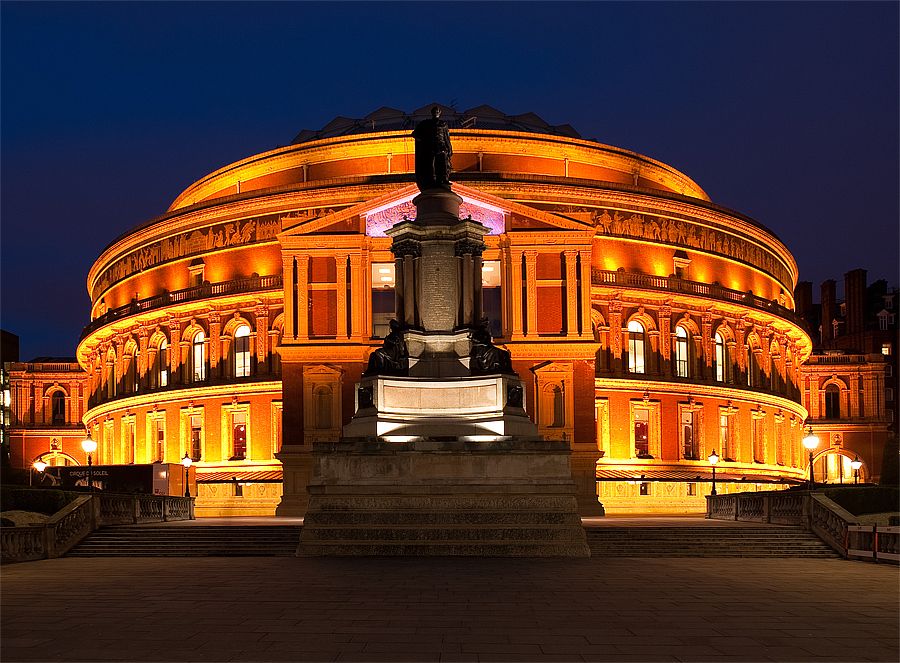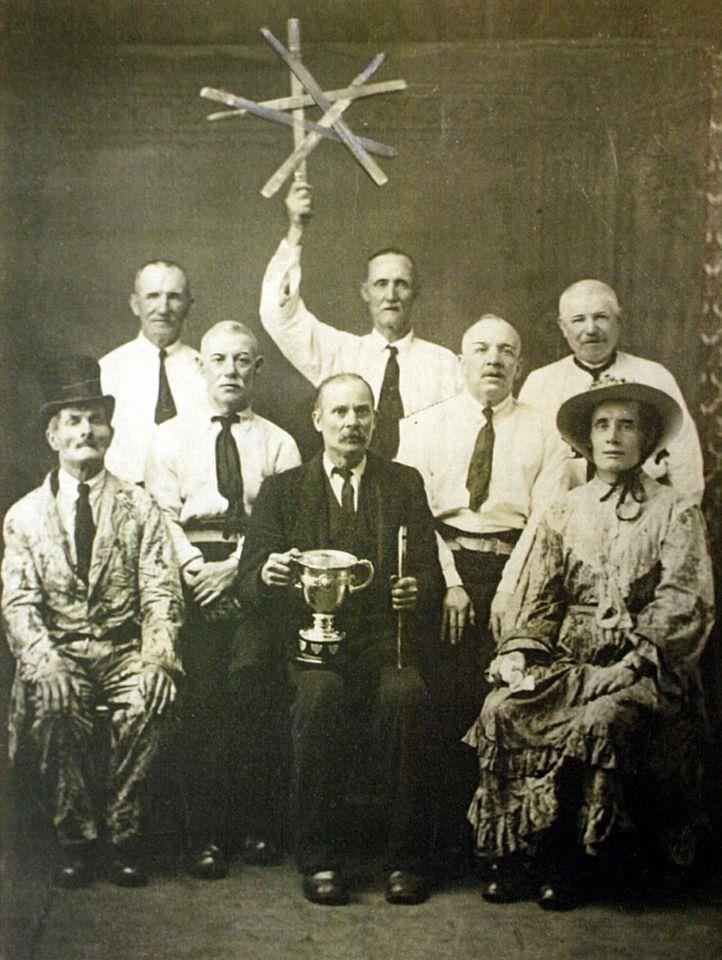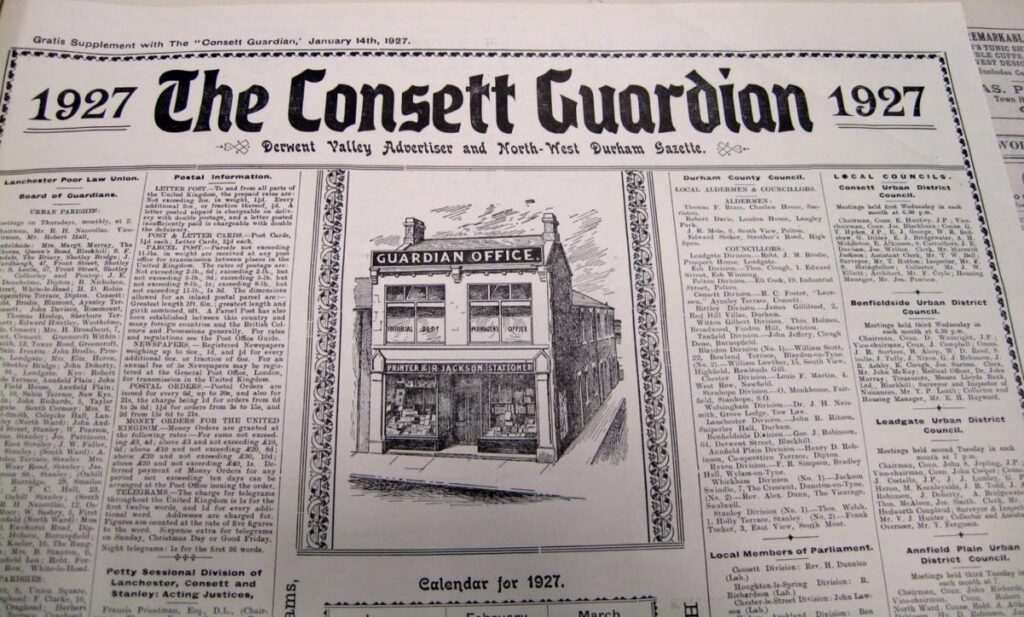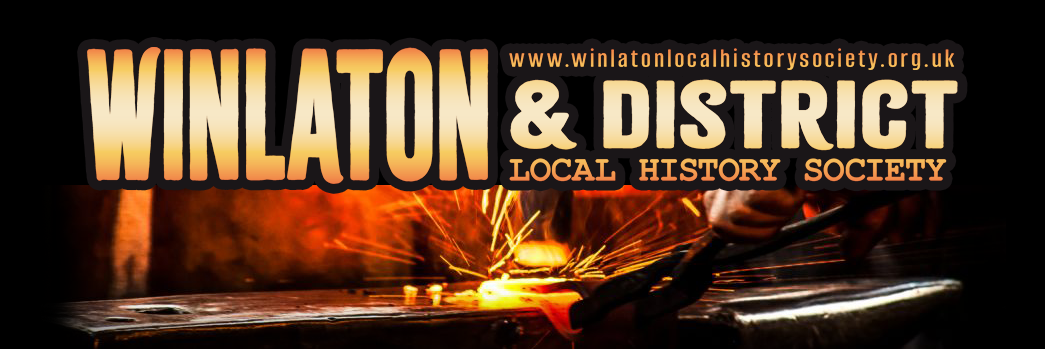
On 1st January 1927, the Royal Albert Hall (opened in 1871) presented its first-ever festival of English folk dance. This was organised and presented by the English Folk Dance Society, which was founded by Cecil Sharp in 1911 to preserve the rich and varied traditions of English folk dancing.
To see some details of the programme, please click here.
Here’s an extract from the programme:
All-ENGLAND FESTIVAL PERFORMANCE
arranged by the ENGLISH FOLK DANCE SOCIETY
relayed from THE ROYAL ALBERT HALL
THE LONDON CHAMBER ORCHESTRA
Conducted by DR. R. VAUGHAN WILLIAMS
Massed Country Dancing by 300 of the Performers :
The Ribbon Dance Goddesses
Newcastle Traditional Sword Dance from Winlaton, County Durham (First
performance in London)
Ceremonial Dances :
The Garland Procession from Castleton, Derbyshire
The Morris Reel from Winster, Derbyshire
Morris Dances by London Demonstration staff
The Rose Field Town, Oxfordshire
Leap Frog
General Singing conducted by Dr. R. VAUGHAN WILLIAMS
King Herod and the Cock The Keeper
The Sailor from the Sea Spanish Ladies
THIS is the first performance of our English National Dances to be given by the English Folk Dance Society in the Royal Albert Hall. It takes its name from the Festival which is being held on the previous day and which was inaugurated last year, to give folk dancers from all parts of England an opportunity of meeting and showing their dancing to each other.
The performance has been organized to enable members of the public to measure and appreciate the deep-rooted interest that is now taken in our English songs and dances.
The dancers taking part at the Albert Hall number nearly 500 and they represent thirty-two of the forty-five existing branches of this Society that cover England. They are all amateurs, culled from every section and class of Society, who have taken up the dancing for pure pleasure and who will dance at this performance to share their pleasure with others.
General singing of folk songs (by both performers and public), which has formed an integral part of the Society’s activities for the last fifteen years, will take place during the performance.

Back row: R. Bilclough, K.Boyd (holding star) G.Renwick,
Middle row: J. Davison, J. Gardner
Front Row: W. Prudhoe (Tommy), G. Gilfillan (whistler and holding cup), J.Morton (Betty)

When the Winlaton troupe arrived back home, the Consett Guardian sent a journalist to interview them and published the report on January 14th 1927 under the headline:
BACK TO NATIVE HEATH
WINLATON SWORD DANCERS RETURN
EXPERIENCES IN LONDON
A little fatigued, but highly delighted with the splendid reception accorded them during their brief stay in London, the veteran Winlaton troupe of sword dancers returned to their native heath on Wednesday afternoon, and forthwith sought the geniality of their headquarters at the Royal Oak.
When our representative visited the village in the evening he found several of the veterans enjoying a quiet game of dominoes at their headquarters.
Mr William Prudhoe, the septuagenarian “father” of the troupe, was in jubilant mood over the marked attention that had been paid to them in the Metropolis.
“We have been fed like fighting cocks and carried about in motors,” he said. “On the night of New Year’s Day when we appeared at the Albert Hall the audience fair pulled the place down. We got the biggest praise of the lot. They thought we had the finest whistler they had ever heard play.”
Asked what he thought about the style of dance presented by the North Skelton exponents, as compared with the Winlaton troupe’s exposition, he said there was all the difference in the world. “Ours is the real style of English dance.”
A former resident of Winlaton, Mr Robert Forster, met the troupe after their performance at the Albert Hall, and on the following day acted as a guide, philosopher and friend. They took with them the Cowen Cup, which they won outright in 1924, but it was never filled.
On Monday and Tuesday the troupe paid a visit to three schools where they delighted the students with their quaint performance, while on the Monday night they were guests at a dance.
Mr George Gilfillan, the magician of the penny tin whistle, who has provided the accompaniments for the troupe for forty-five years, evidently proved an object of curiosity and admiration.
“They wondered where the notes came from. They came from that,” (pulling out his well-fingered wind instrument) he explained to our representative. “All the jigs I play are my own composing – by ear.”
“What are you going to play?” I was asked, “and I said I was going to play a mixture of my own, known as ‘Onions, potatoes, pea-soup and castor oil’ – a march. I played it and what a clap there was. I was clapped back and played “Sarah and the Darkies,” and they very nearly ‘rove’ the place down.”
During their stay overnight at the Y.M.C.A., an amusing experience befell some of the party. They failed to locate their sleeping quarters with the result that three had to sleep in one bed.
While enjoying the refreshments in a London hostelry, one of the troupe gave a man a two-shilling piece for the purpose of purchasing an ounce of tobacco for him. The man, however, failed to return. “But it was a ‘gammy one,’” confided the “victim” with a whimsical smile.
Watch the troupe rehearsing in Winlaton three years later:
Many thanks to Val Scully for writing this up.
